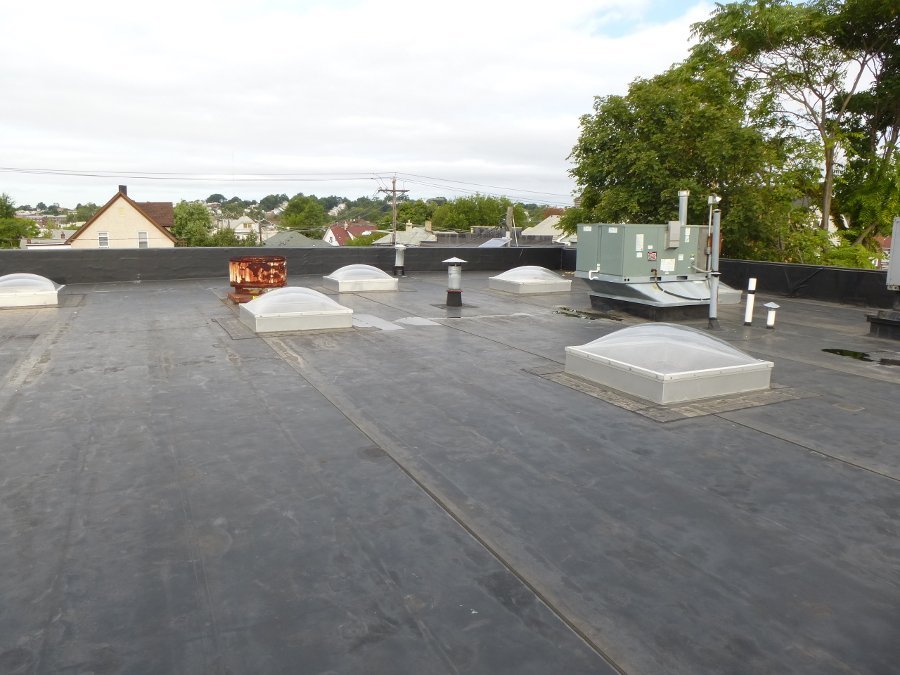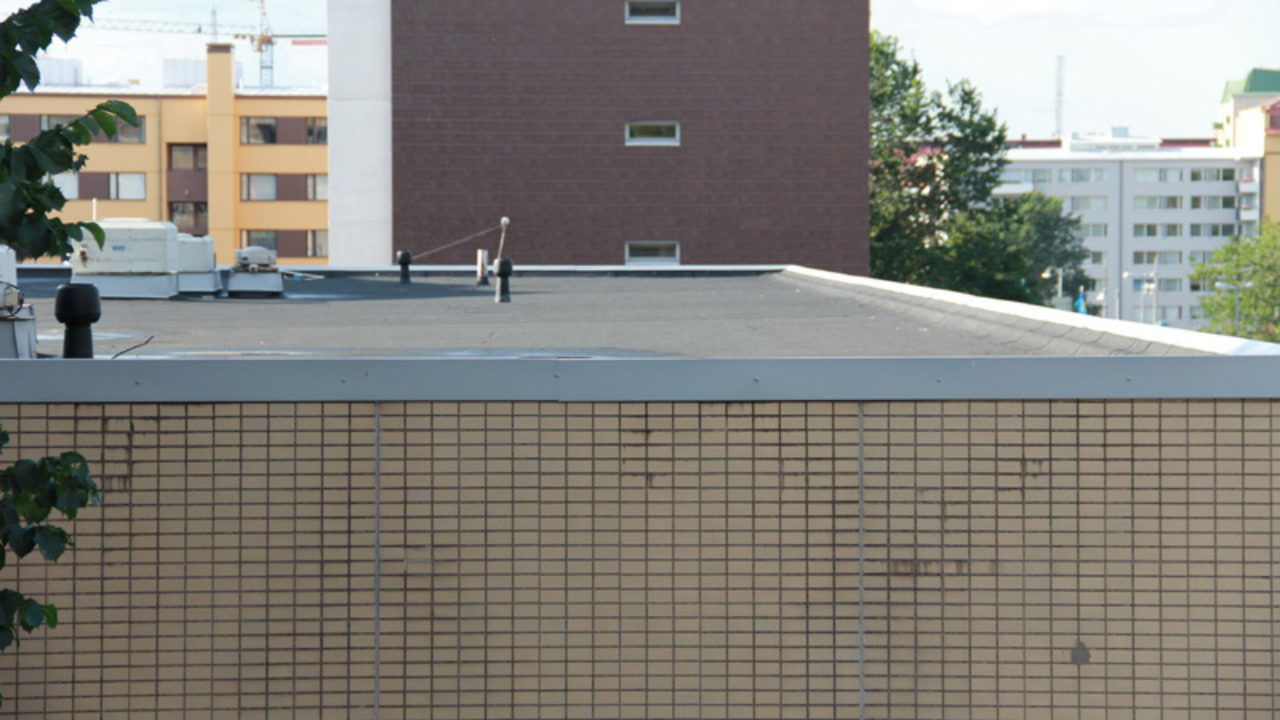Test For Materials For Ponding Water On Roofs

Ponding rainwater roof collapse construction sensitivity analysis safety design calculation structural behaviour.
Test for materials for ponding water on roofs. This tpo roof actually disintegrated in ponding water. Astm e1105 and aama 501 2 test methods are good overall methods commonly used to test exterior walls sloped glazing and shallow pitched roofs to help identify leak sources. 5 6 this guide is not recommended to be used if freezing temperatures are expected to occur during the test period. If this water sits on the roof for more than 48 hours after the rain has stopped it can cause considerable damage to whatever roof surface you have.
Ponded water can freeze and become adhered to the waterproofing system resulting in pulling or tearing of the flashings away from the substrate or may break interior corners. The uv stabilizers gone weathering package layer gone the polypropylene ep rubber gone all that was left was the polyester reinforcement. 1 introduction rainwater ponding occurs by deformation of flat roofs caused by rainwater. Ponding water is defined as the water which remains on a roof 48 hours or longer.
Water may accumulate on a low slope roof due to rain snow or runoff from rooftop equipment. So if your flat roof is collecting water that doesn t drain or evaporate within 48 hours you will need to fix it. Ponding water accelerates roof system aging by. Flat roofs by their very nature will collect some water when it rains.
Degrading the roofing material itself. Spray testing spray testing is the use of controlled water flow deposited on building components in a manner that simulates normal to severe weather conditions. On modern white roofs the water focuses the sunlight that passes through it like a prism and intensifies uv degradation. It is commonly referenced as the standard for flood testing roof systems.
Best ponding water roof coating. Most acrylic roof systems involve the application of multiple layers of coating with fabric reinforcement which unfortunately lengthen the project. This translates to an added live load during testing of 101 34 kg m 2 20 76 psf. Watch this 37 second video.
However astm d5957 specifically states the standard is not intended for use on building roofs astm d5957 references a maximum water depth of 100 mm 4 in. How to fix ponding on a flat roof depends on the cause of the ponding. Proper design installation and maintenance of roofing structures can prevent. Due to the deformation extra rainwater flows to the lower area of the roof resulting in a larger.
One of the biggest problems with large flat roofs is that they tend to pond water in certain areas. Ponding water can have major negative consequences regardless of the type of roofing system. However excessive ponding threatens your roof. The water was sitting on top of the insulation board and started leaking in the building causing extensive damage.
Roofing materials referencing this standard.














































